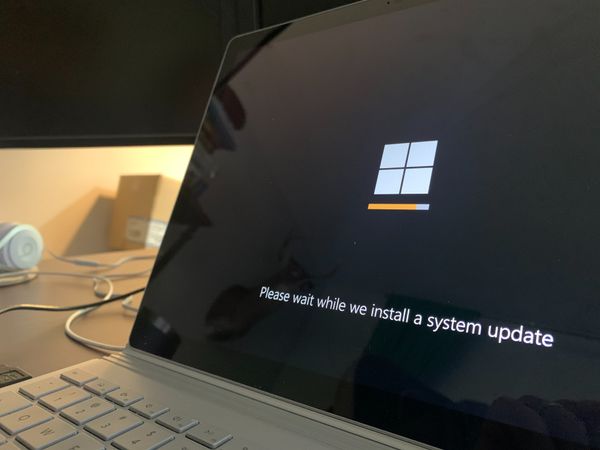Microsoft Rolls Out Emergency Fix for Exchange Y2K22 Bug that Affects Email Delivery

Over the weekend, Microsoft deployed an emergency patch to fix the Y2K22 bug that crippled the email delivery system by freezing messages on on-premises Microsoft Exchange servers since Jan. 1, 2022.
The Y2K22 bug caused email messages to be stuck on Exchange Server platforms, apparently due to a date validation error that occurred somewhere around the turn of the year.
To circumvent this issue, Microsoft asks its customers to download a PowerShell script called Reset-ScanEngineVersion.ps1 to reset the scan engine and execute it on each Exchange server that downloads antimalware updates.
Before running the script, users are also advised to change the PowerShell scripts execution policy by running the Set-ExecutionPolicy -ExecutionPolicyRemoteSigned command in PowerShell.
Furthermore, users need to use an elevated instance of PowerShell to execute the script. Otherwise, the script may prove ineffective.
Applying the PowerShell script will update the version of the malware engine to 2112330001. Although it seems to reference a date that doesn’t exist, Microsoft says the scanning engine’s new version is fully supported and works as it should:
“The newly updated scanning engine is fully supported by Microsoft. While we need to work on this sequence longer term, the scanning engine version was not rolled back, rather it was rolled forward into this new sequence. The scanning engine will continue to receive updates in this new sequence.”
For tech-savvy customers, Microsoft also outlined a step-by-step manual solution for this issue, which comprises removing existing engine and metadata, updating to the latest engine version, and verifying the engine’s update info.
Reportedly, the Y2K22 situation was caused by a glitch in the FIP-FS antimalware scanning engine, which Microsoft relies on to protect users starting with Exchange Server 2013.
However, Microsoft says that the problem isn’t related to a failure of the antivirus engine itself, but rather to a date check failure, so it’s not a security threat.
Furthermore, the company said the malware engine crashed due to a signature file version check failure, which lead to messages becoming stuck in transport queues.
tags
Author

Vlad's love for technology and writing created rich soil for his interest in cybersecurity to sprout into a full-on passion. Before becoming a Security Analyst, he covered tech and security topics.
View all postsRight now Top posts
How to Protect Your WhatsApp from Hackers and Scammers – 8 Key Settings and Best Practices
April 03, 2025
Outpacing Cyberthreats: Bitdefender Together with Scuderia Ferrari HP in 2025
March 12, 2025
Streamjacking Scams On YouTube Leverage CS2 Pro Player Championships to Defraud Gamers
February 20, 2025
How to Identify and Protect Yourself from Gaming Laptop Scams
February 11, 2025
FOLLOW US ON SOCIAL MEDIA
You might also like
Bookmarks








